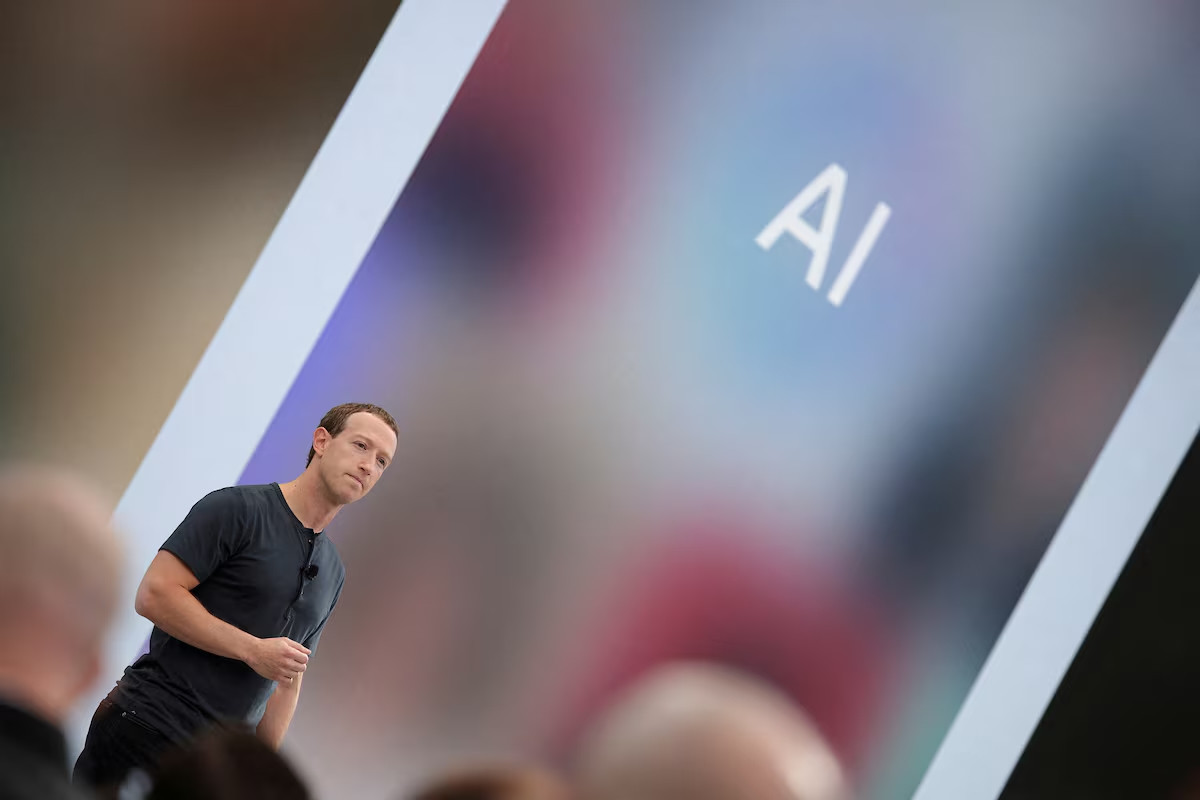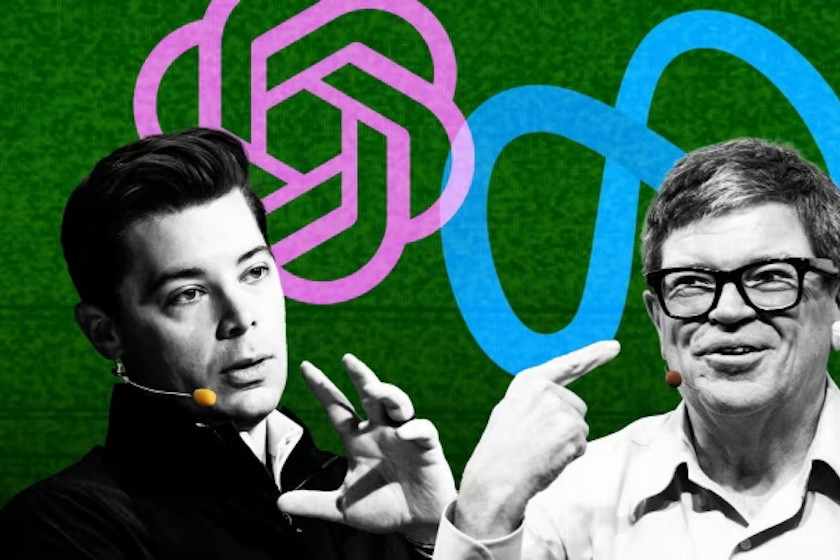In a response to OpenAI's ChatGPT, Mark Zuckerberg's Meta has brought AI chatbots to the company's most popular apps like Instagram, Messenger, and WhatsApp, but users need to be careful as the algorithm still has many flaws.
Unlike other chatbots and image generators, Meta's AI assistant is a free tool that's built into apps that billions of people use every day, making it the most aggressive effort yet by a tech company to bring AI to the mainstream.
“We believe Meta AI is now the smartest AI assistant you can comfortably use,” Mark Zuckerberg, the company's CEO, wrote on Instagram.
However, the New York Times said that Mark Zuckerberg's chatbot still has many errors, especially in search tasks.

Meta representatives said that, similar to other AI systems, because the technology is new, it cannot always return accurate responses. Currently, the AI chatbot is integrated by default within Meta applications and users do not have the option to turn off the service.
Facebook’s parent company says its AI chatbot could be a replacement for browser search engines, but even for the simplest queries like recipes, airfares, or weekend activities, Meta’s algorithms can’t provide accurate answers.
That said, the AI assistant isn’t a complete failure, with one of its bright spots being its ability to edit text. For example, when a user asks the chatbot to rewrite a lengthy paragraph, it can remove unnecessary words or switch between active and passive voice.
Another bright spot is the speed at which images are generated. Meta's AI is much faster than other image generators like Midjourney, which can take over a minute to produce results.
Mark Zuckerberg's company is now accelerating its AI efforts to catch up with rivals like OpenAI. The social media giant plans to integrate the latest version of its state-of-the-art large language model, Llama 3, into its AI chatbot in the coming months.
This year, the smart glasses models that the company collaborated with Ray-Ban will also receive an AI update, allowing users to identify objects and answer related questions.
Meta previously announced a partnership with Google to bring real-time search results to chatbot responses, adding to its existing deal with Microsoft's Bing.
Meanwhile, the AI assistant has also expanded beyond the US market, including dozens of other countries and territories such as Australia, Canada, Singapore, Nigeria and Pakistan. However, the technology has not yet “made it to Europe” - where strict privacy regulations and requirements for disclosure of data used to train algorithms.
Mark Zuckerberg says the largest Llama-3 model the company is working on has 400 billion parameters (smaller versions have 8 billion and 70 billion parameters). To mitigate contextual issues, Meta says it uses “high-quality data” so the model can distinguish different nuances.
The company revealed that the amount of input data used to train Llama-3 was seven times larger than the data used for Llama-2.
(According to NY Times, Reuters)

Source






























![[Photo] National Assembly Chairman Tran Thanh Man visits Vietnamese Heroic Mother Ta Thi Tran](https://vphoto.vietnam.vn/thumb/1200x675/vietnam/resource/IMAGE/2025/7/20/765c0bd057dd44ad83ab89fe0255b783)








































































Comment (0)